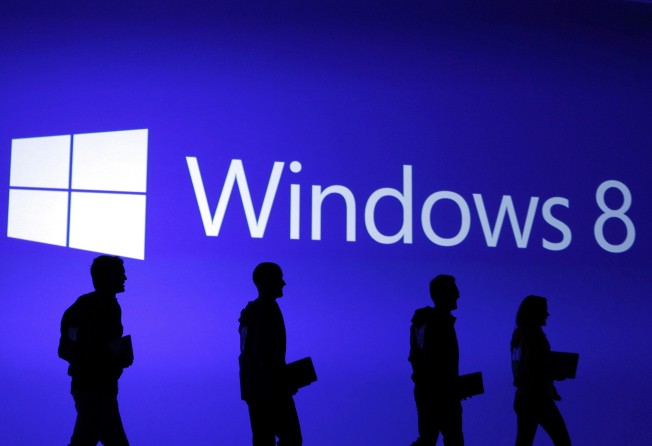China announces ban on Microsoft’s Windows 8

China has announced a ban on Microsoft Windows 8, triggering speculation that the government is shunning foreign computer systems over data security concerns.
While announcing the ban, the government's procurement authority, which is in charge of supplies and equipment for the government, also launched a tender for government computers.
“No computer products may be installed with the Windows 8 operating system,” the Central Government Procurement Centre said in a note last Friday, after it accepted "its latest batch of electronic devices".
However, the centre did not mention any reasons for the ban. Repeated phone calls to the office went unanswered today.
Microsoft just last month began to stop providing support for its popular Windows XP operating system, even though the Chinese still widely uses the 12-year-old system at home and in the office.
Data security is a significant issue for countries like China, in the wake of allegations that the US National Intelligence Agency had been tampering with computer parts shipments headed to other countries.
The Windows 8 restriction also coincides with the US indicting five People's Liberation Army officials on spying charges, the most serious accusation yet after the years-long blame game between both sides regarding state-sponsored cyberattacks.
China has issued a swift denial and protest over the charges.
But a staff member at the procurement centre familiar with the matter said price was the major concern and the decision had been made weeks ahead of the hacking charges.
“Windows 8 was way too expensive to be installed in our offices. The centre had been negotiating with Microsoft, but we failed to reach a consensus on price,” said the staff member who declined to be named due to the sensitivity of the matter.
Nonetheless, the decision triggered speculation on Chinese social media over security issues.
“Did Microsoft help to collect information that led to the exposés of corruption scandals?” an information technology expert who identified himself as Wang Yuxiang wrote on Weibo.
“Did Snowden say anything about it [Windows 8]?” another microblogger from Guizhou province said, referring to the famed whistle-blower who leaked information about surveillance programmes run by the US National Security Agency.
The online comments echoed a series of remarks from national security experts lately reported by state media.
CCTV this week reported on a domestic operating system, comparing it to windows 8, and cited several experts from Chinese Academy of Engineering (CAE) saying that “operating systems are fundamental to information security. [China's] self-reliance is vital to national security”.
“The end of Microsoft’s support to XP creates a rare opportunity for home-grown operating systems,” one of the experts said.
In the Chinese Communist Party’s mouthpiece People’s Daily, China’s National Internet Information Office’s deputy director Wang Xiujun last week said China ought to learn a lesson from NSA’s surveillance programmes and strengthen the security of the country’s computer networks and information systems.
A full-page report on internet security in the paper cited Wu Hequan, a CAE member, saying that “almost all computer and mobile phone operating systems used in China are from abroad. It has imposed a great threat on internet security."
He was quoted as appealing for more technology innovation among China’s own software developers.
Fang Binxing, a retired cybersecurity system architect known for his substantial role in setting up China’s sprawling internet censorship system and cybersecurity infrastructure, warned in an article that upgrading to the Windows 7 or Windows 8 operating systems would be no safer than continuing to use XP. He argued that either way “it merely leaves computer security in the hands of Microsoft”.
Fang urged the government to allow an environment for home-grown operating systems to develop which could eventually be adopted by China in the future, in order to “boost China’s information system’s security”.